

Uwe Hoelzer has ambitious plans to attract more buyers from small and medium-sized companies and to expand
Just a 10 minute walk from Metro Cash and Carry's China headquarters, in Shanghai's Putuo district, there is a famous seafood wholesale market where restaurant owners and individual buyers can find everything they want. There is also a fruit market trading in both imported and local produce. The single range of goods on offer is even wider than what can be bought at Metro, the international self-service wholesaler.
|
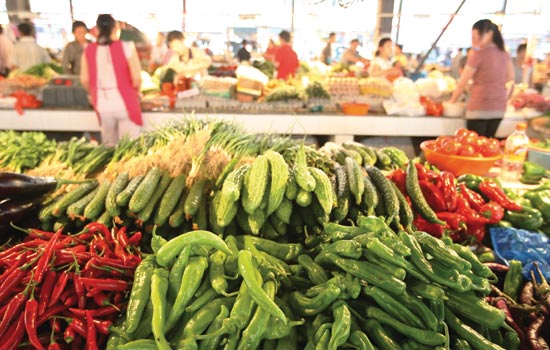 |
|
A wholesale market in Shanghai. Local wholesale markets are Germany-based Metro Cash and Carry's biggest competitors in China.[Photo/China Daily] |
|
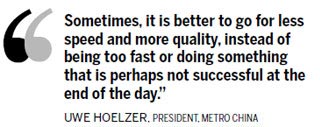 |
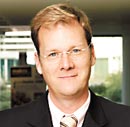 |
"These are clearly our main competitors in China," said Uwe Hoelzer, president of Metro China, adding that when asking restaurant owners in China where they buy things, their answers include not only Carrefour, Auchan and Walmart, but also open markets.
"It is similar in other countries as well. In countries such as Poland you have these kinds of markets, but they are not so big as in China," said Hoelzer. "Vietnam is very similar to China and is also part of the Asian culture."
Although it's a challenge to Metro China, Hoelzer said: "Competition is always important and good. It drives you and pushes you even harder to work on your own solutions and to be even better."
Metro is well-known for its service to five-star and four-star hotels, companies and offices, as well as small and medium-sized eateries; around half of its clients are canteens and restaurants.
The Germany-based company is determined to make full use of its advantages and improve services to cater to local customers, said Hoelzer.
The international chain wholesaler's one-stop, under-one-roof purchasing experience, guarantees of quality and detailed invoice provision services are something that cannot be copied by open market operators.
As a feature of Metro's operation, buyers are equipped with detailed shopping lists, on which prices and product information are presented.
"I guess some customers or potential customers do not want to have that transparency so far. But we see more and more customers who rely on our transparency and this gives us a big advantage," said Hoelzer, suggesting that bargain hunters in China are not so keen on receipts.
Metro has a quite high market share in the canteen business in China due to its safe food and competitive prices offered to buyers. However, it is not successful in the restaurant sector, partly because of competition from open markets. "We are okay with international restaurants but not with Chinese restaurants, which would be the biggest piece of the cake for us," said Hoelzer. "We do not have all of the solutions for them."
Chinese restaurants usually pay more attention to prices and require more frequent delivery services.
Hoelzer said that Metro is sparing no efforts to further optimize its pricing policies and provide a more frequent delivery service for these restaurants.
At present, 20 percent of the products sold in Metro China are delivered to buyers, but "we are not flexible enough", said Hoelzer. "Many restaurants need delivery two or three times a day and we only do this once a day. This is what we have to work on."
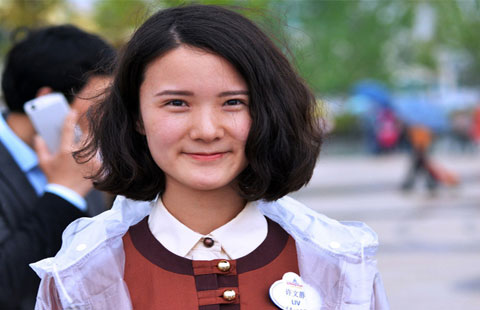 Disney Town staff members greet visitors with smiles
Disney Town staff members greet visitors with smiles
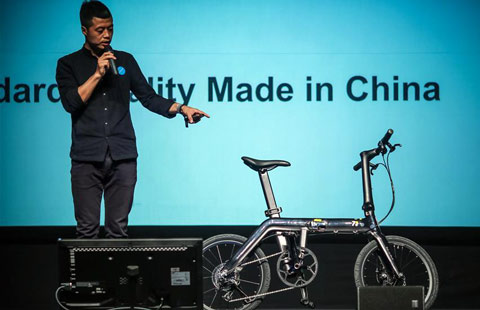 Special session of internet conference held in Berlin
Special session of internet conference held in Berlin
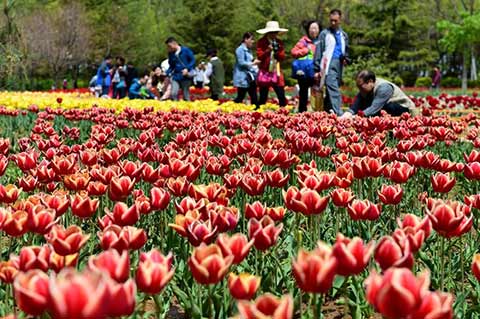 Top 10 most attractive Chinese cities for expats
Top 10 most attractive Chinese cities for expats
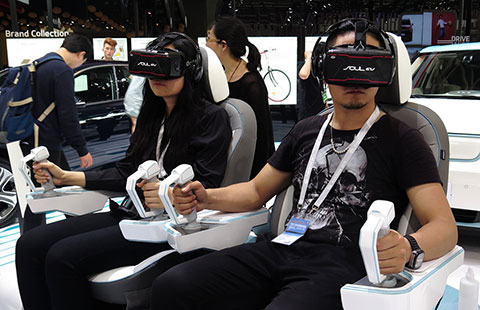 High–tech gadgets, not girls, main attraction at Beijing auto show
High–tech gadgets, not girls, main attraction at Beijing auto show
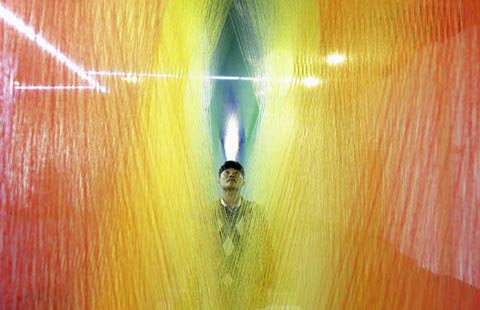 Infographic: Highlights of China Q1 economic data
Infographic: Highlights of China Q1 economic data
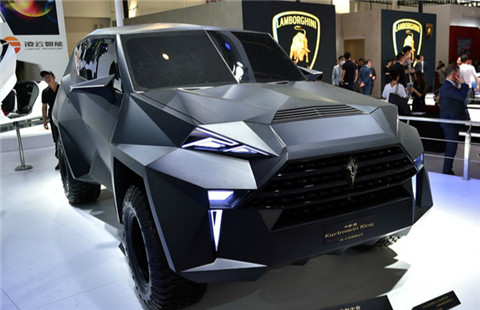 Top 10 luxury cars at Beijing auto show
Top 10 luxury cars at Beijing auto show
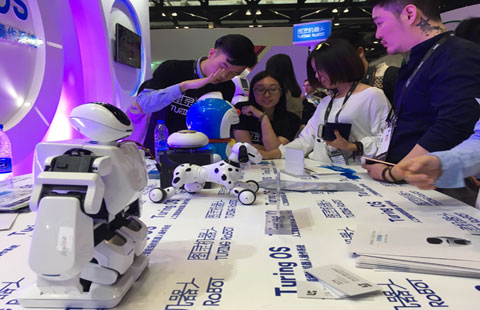 Highlights of smart hardware on display at 2016 GMIC Beijing
Highlights of smart hardware on display at 2016 GMIC Beijing
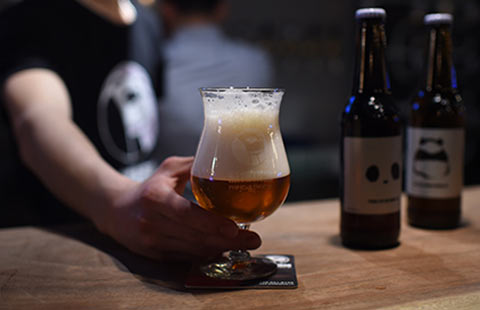 Two students return from abroad to open beer factory
Two students return from abroad to open beer factory
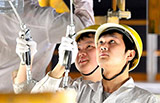 China's manufacturing activity expands at slower pace
China's manufacturing activity expands at slower pace